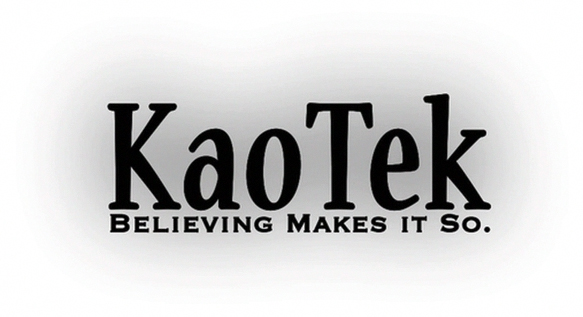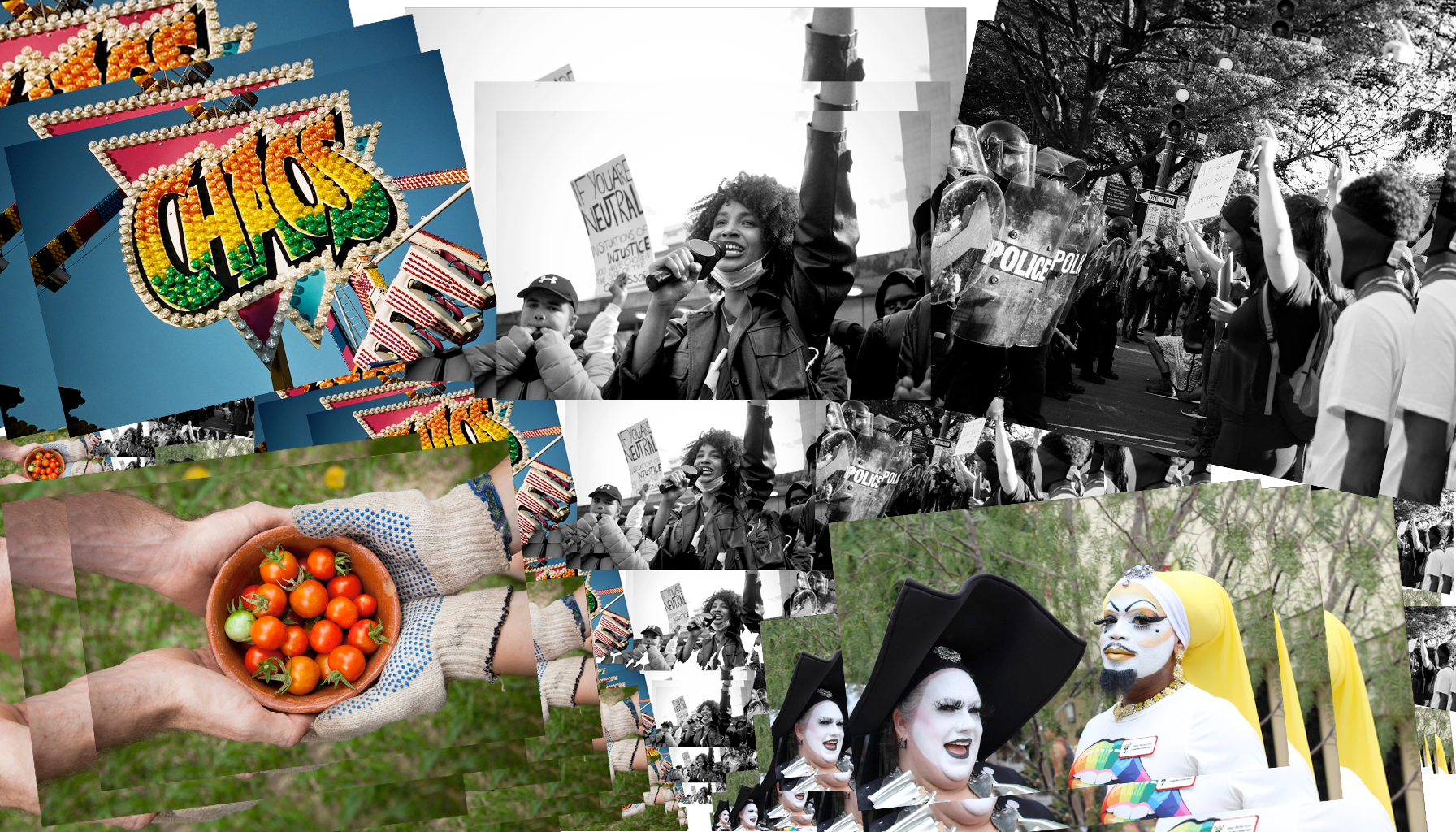
In a world that often feels like it’s spinning out of control—where inequality, division, and authoritarian tendencies seem to be on the rise—trying to understand how society works and how we can make a difference can feel overwhelming. The work of T.R. Young offers a fresh way to look at these challenges.

He uses Chaos Theory, an area of math and science that studies how, in complex systems, small changes can lead to big, unpredictable outcomes, to rethink how we approach social change. Instead of seeing society as a machine we can fix with simple rules, Young suggests it’s more like a wild, ever-shifting dance of order and disorder. This means that while we can’t control everything, we do have the power to nudge things in a better direction if we act thoughtfully at the right moments.
Young argues that old-school ideas—like rigid laws or top-down control—don’t work well in today’s messy reality. Instead, he invites us to embrace the chaos and use it to build a fairer, more human-centered world. He talks about “human agency,” which is just a fancy way of saying that regular people like you and me can shape the future, even when things seem uncertain, or, when authoritarianism is creeping in.

The essays are a call to action, showing us how small, smart moves can ripple out to challenge unfair systems and support progressive causes like equality, justice, and community.
So, what can we do in these chaotic times to push back against authoritarian trends and make a positive impact? Here are some practical takeaways inspired by Young’s ideas:

Action Items for Positive Contributions
- Start Small, Think Local: Chaos theory teaches us that tiny changes can grow into big shifts. Get involved in your community—join a local group fighting for fair housing, support a food bank, or help organize a voter registration drive. These small acts can disrupt unjust patterns and build momentum.
- Amplify Voices, Not Orders: Authoritarianism thrives on silencing people. Use your voice—whether on social media, at a town hall, or in conversations—to lift up marginalized perspectives. Share stories, not commands, to inspire others and create a ripple effect of awareness.
- Stay Flexible and Creative: Rigid plans don’t survive chaos. Experiment with new ways to resist—like art projects, mutual aid networks, or peaceful protests—and adapt as things change. The goal is to keep moving forward, even if the path zigzags.
- Connect, Don’t Control: Build relationships instead of hierarchies. Join or form coalitions with people who care about progressive causes—climate action, racial justice, workers’ rights—and focus on collaboration rather than telling others what to do.
- Spot the Key Moments: Chaos theory highlights that some moments matter more than others. Pay attention to tipping points—like elections, policy debates, or community crises—and act decisively when the opportunity arises to steer things toward fairness and freedom.

By embracing the unpredictability of our times and acting with intention, we can turn chaos into a chance for progress. Young’s essays remind us that even in a world trending toward control and division, everyday people have the power to dance with the disorder and create something better—together.


Leave a Reply